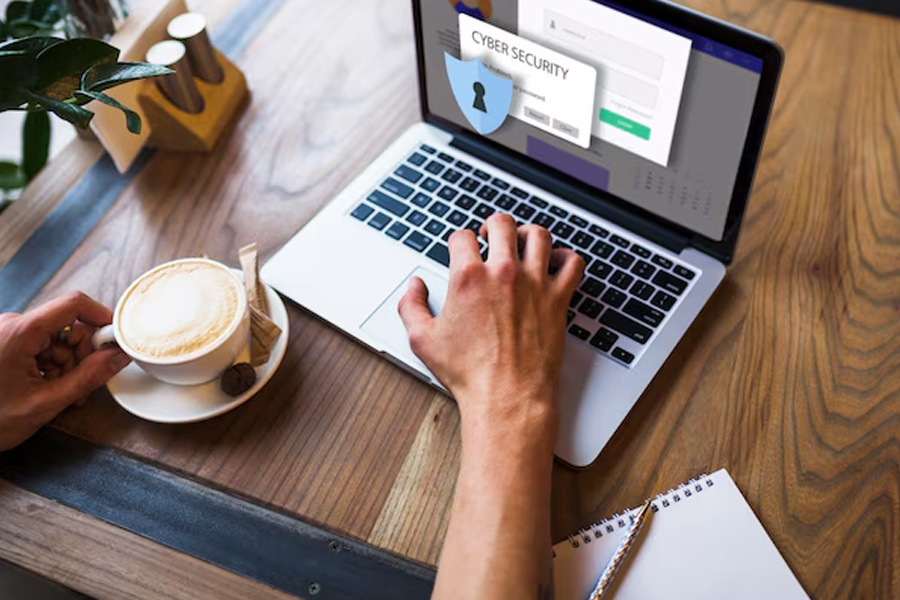-1728367570885.webp)
With the rise of online scams and fraud cases, staying safe on the internet has never been more important. In today’s digital world, scammers have become increasingly sophisticated, targeting unsuspecting users through emails, social media, online shopping platforms, and more. From phishing schemes to identity theft, these scams can leave you vulnerable, both financially and emotionally. So, how can you protect yourself from falling victim to online scams? Here are some essential tips to help you stay secure.
Phishing emails are one of the most common methods scammers use to steal personal information. These emails often look like they’re from legitimate companies and may urge you to click on a link or download an attachment. Always double-check the sender’s email address and look for signs of legitimacy. Avoid clicking on suspicious links, and if in doubt, contact the company directly through their official website or customer service.
Fraudulent messages aren’t limited to emails; scammers also use social media platforms and text messages to trick people. Be wary of fraud messages offering prizes, discounts, or asking for personal details.

One of the simplest yet most effective ways to protect yourself online is by using strong, unique passwords for all your accounts. Many people make the mistake of using the same password across multiple platforms, making it easier for hackers to gain access. Use a combination of letters, numbers, and symbols, and avoid common words or phrases.
Consider using a password manager to generate and store your passwords securely. Additionally, enable two-factor authentication wherever possible for an extra layer of security.
Knowledge is power, and staying informed about the latest scams can help you spot potential threats. Staying informed and cautious is the best defence against online scams. Regularly check news outlets or security blogs that track current online scams, as cybercriminals are constantly coming up with new tactics.
Scammers often tailor their attacks to current events, such as pretending to offer money with online gaming, giving luxury shopping offers, or giving job offers. Being aware of these trends can keep you one step ahead.
With online shopping on the rise, scammers have started setting up fake websites that mimic popular retailers. These sites lure users in with unbeatable discounts, only to steal their credit card information or send counterfeit products.
Before making a purchase, verify the website’s authenticity. Look for security features like ‘https’ in the URL and a padlock symbol near the address bar. Additionally, read customer reviews and be cautious if the deal seems too good to be true. Trust reputable e-commerce sites and avoid making purchases from unfamiliar or sketchy websites.
Don't miss: Types Of Visa Scams You Should Be Aware Of

Social media platforms make it easy for scammers to gather information about you. While it might seem harmless to share your birthday, address, or phone number online, cybercriminals can use this data to commit identity theft or target you with phishing scams.
To protect yourself, limit the amount of personal information you share on social media. Regularly check your privacy settings and be mindful of what you post. Avoid oversharing details that could help scammers build a profile of you.
Don't miss: Noida Woman Loses Rs 30 Lakh To Cyber Fraudsters: 3 Other Rising Scams You Should Know About
Public Wi-Fi networks are convenient but can be a goldmine for cybercriminals. When using public Wi-Fi, avoid accessing sensitive information such as online banking or personal accounts. Hackers can easily intercept your data on these unsecured networks.
For more such stories, stay tuned to HerZindagi.
Image credit: Freepik
Also watch this video
Herzindagi video
Our aim is to provide accurate, safe and expert verified information through our articles and social media handles. The remedies, advice and tips mentioned here are for general information only. Please consult your expert before trying any kind of health, beauty, life hacks or astrology related tips. For any feedback or complaint, contact us at [email protected].